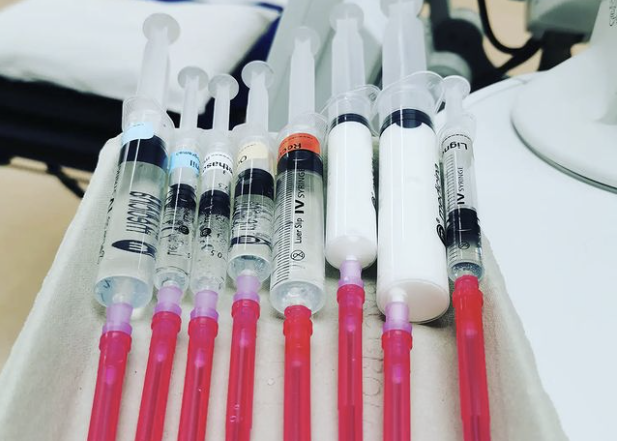Careers in Anaesthesia

What do anaesthetists actually do?
I spend my time looking after patients who are in the last 20 minutes of their life, and try to stop it from being the last 20 minutes of their life
I help everyone else look after their sickest patients
I take someone's physiology off autopilot and fly it for them while they have an operation
- Anaesthesia for surgery, which can be general or regional or both
- Perioperative medicine, optimising complex patients for high risk operations
- Intensive care medicine
- Resuscitation and cardiac arrest response team
- Obstetrics and labour, doing epidurals and spinal anaesthetics for Caesarean sections
- Transfer medicine, keeping critically ill patients alive in the back of an ambulance, plane or helicopter
- Sedation for both children and adults for procedures and scans
- Pain, both acute and chronic
We generally don’t have our own patients, rather we help other doctors and surgeons to look after their patients.
It’s the largest specialty in the hospital in terms of number of consultants, largely because anaesthetics mostly requires one doctor per patient at any given time.
How do I know if I’d make a good anaesthetist?
We are impatient perfectionists…
- Attention to detail
- Good communication with patients and other staff
- Enjoy practical procedures
- Enjoy making quick decisions and seeing results quickly
- Humble and willing to learn
- Don’t worry about being ‘good at cannulas’ or ‘super chilled in an emergency’ as these skills develop over time, the most important thing is to have the right attitude going into the specialty
Who do you work with?
Everyone in the hospital
- Anaesthetists
- Surgeons
- Operating department practitioners (ODPs)
- Theatre nurses
- Scrub nurses
- Theatre support workers
- Recovery nurses
- Porters
- Medical teams
- Midwives
- Emergency deparment
- Paramedics
- Radiographers
The nature of the job is that you are called to help with patients from all specialties, of all ages, shapes and sizes. This means you end up working alongside every other specialty and a whole bunch of other medical practitioners as well
What do you like most about the job?
Personally, it's the ability to completely and rapidly relieve the patient from all suffering, even if only temporarily
- Fantastic senior support and quality of life as a trainee
- Rapid learning curve
- Extremely useful skillset
- Interesting drugs with rapid effects
- Treated with respect by other specialties
- Meaningful and rewarding interactions with patients
- Making a difference to people's lives very quickly and signficantly
- Flexible training
What’s rubbish about the job?
- Delays and inefficiency
- It can be stressful when things go wrong
- Not much else really…
What Qualifications do I need?
- A medical degree
- Completion of UK Foundation Doctor Training or equivalent
- To progress from core to registrar training you also need to have completed the FRCA Primary exams
How long is the training?
- Med school 5-6 years
- Foundation training 2 years
- Core training 3 years or 4 years if you do ACCS
- Registrar training 4 years
- One extra year if you want to do intensive care medicine as well
- Extra time spent doing fellowships and other interesting things will prolong training, but probably help make you a better anaesthetist!
For more information
https://www.rcoa.ac.uk/training-careers/considering-career-anaesthesia/career-resources